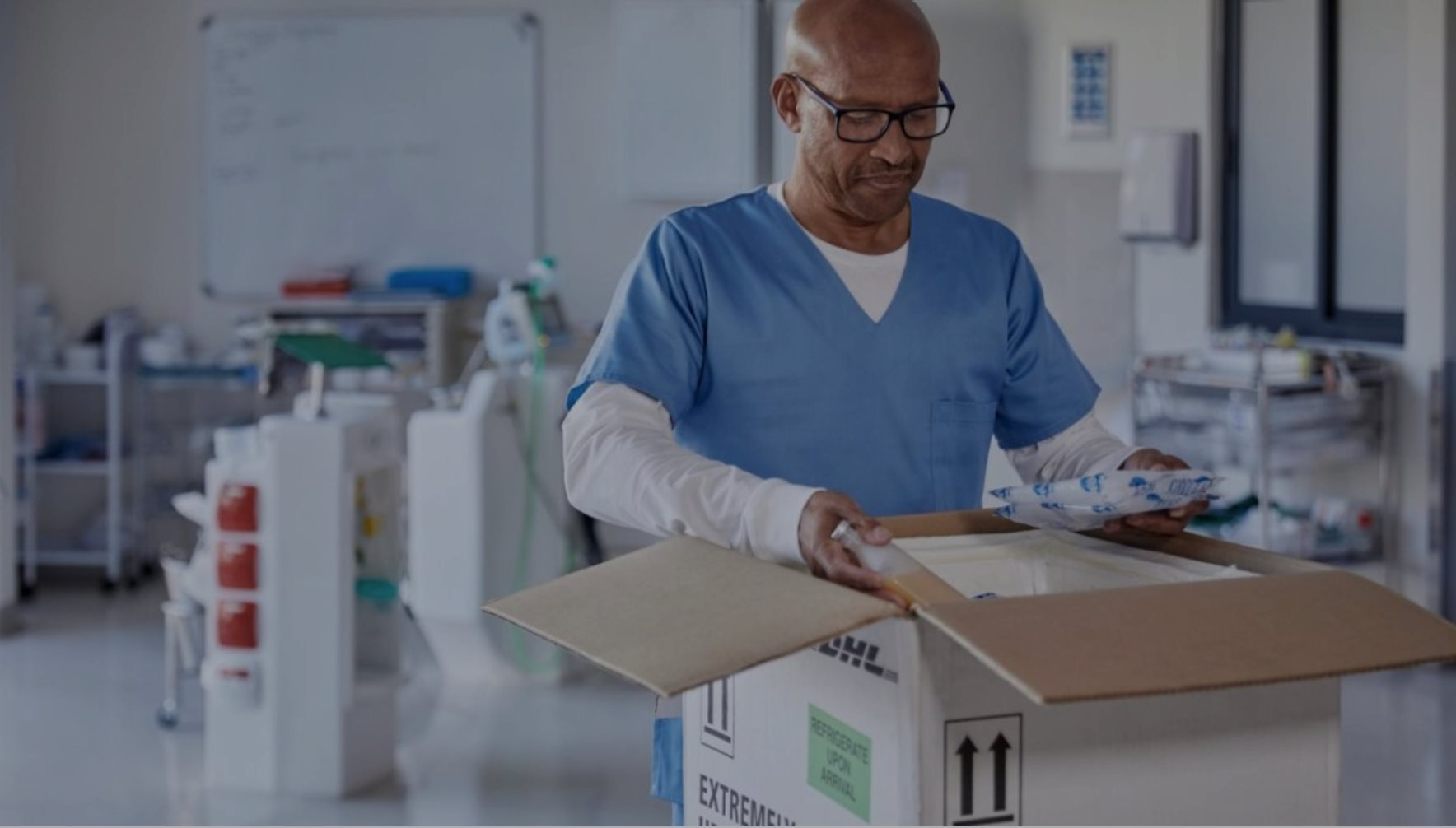Indonesia is increasingly seen as a country on its journey to establishing itself as a dynamic trade center in the Asia-Pacific region. Accompanying this progress is DHL – the world’s leading logistics group – with a strong investment strategy in infrastructure, technology, and sustainable development, aiming to drive growth in key sectors such as new energy, healthcare, and e-commerce.

This is not merely a strategic move by an international enterprise but also a vital synergy that brings Indonesia closer to its goal of comprehensive and sustainable economic development.
According to the DHL Trade Atlas 2025, Indonesia is projected to be among the top 30 countries globally in terms of the speed and scale of trade growth over the next five years. The main drivers behind this development include rapid digital transformation, significant infrastructure investments, and government-led reforms in logistics regulations. In this context, DHL has built an integrated logistics ecosystem through its three main business units: DHL Express, DHL Global Forwarding, and DHL Supply Chain, offering end-to-end supply chain solutions across Indonesia. With over 4,000 employees and 180 facilities nationwide, DHL not only delivers modern end-to-end solutions but also acts as a strategic partner enabling Indonesian enterprises to expand regionally and globally.
One of DHL’s major investment focuses is the new energy sector, particularly electric vehicle (EV) battery manufacturing. As Indonesia aims to become one of the top three global EV battery producers by 2027, DHL is rolling out specialized logistics solutions for this sector. With extensive experience in the automotive industry and partnerships with brands like Chery and Wuling Motors, DHL offers a closed-loop supply chain including multimodal transportation, dedicated warehouses with battery testing and charging services, post-sale battery handling, and a team of EV logistics specialists with deep expertise. The growing influx of EV manufacturers – especially from China – choosing Indonesia as a production hub underscores the potential and necessity for a robust, safe, and compliant logistics system that DHL is well positioned to provide.
"Indonesia has a large domestic market, a rich talent pool, and is heavily investing in modernizing its logistics infrastructure. We see many growth opportunities in cities outside Jakarta like Surabaya, Semarang, Batam, and Bali. Most importantly, DHL wants to help Indonesian brands expand beyond the local market through e-commerce."
— Mr. Ahmad Mohamad, Senior Technical Advisor, DHL Express Indonesia

In addition to new energy, the life sciences and healthcare (LSHC) sector is emerging as a new economic pillar. Although heavily reliant on imports, Indonesia is making significant strides to foster self-reliance in pharmaceutical production and distribution. DHL is seizing this opportunity by investing in the LSHC Competency Center in Jakarta, offering international-standard cold storage facilities maintaining stringent temperatures of 2–8°C and 15–25°C to ensure product quality. Furthermore, DHL Medical Express specializes in temperature-controlled pharmaceutical transport, while DHL Supply Chain provides logistics solutions for clinical trials and hospital inventory management, creating a comprehensive value chain for the healthcare industry. Notably, DHL has announced a €500 million strategic investment to enhance its healthcare logistics infrastructure across the Asia-Pacific region, further solidifying Indonesia’s role as a strategic hub within the global network.
Parallel to economic growth is the challenge of sustainable development – a vision shared by both Indonesia and DHL. As the country pledges to cut greenhouse gas emissions by 29% by 2030 and achieve net-zero emissions by 2060, DHL is implementing bold green logistics initiatives. DHL Express Indonesia’s GoGreen Plus service allows customers to reduce emissions by up to 80% through the use of sustainable aviation fuel (SAF), while deploying 28 electric vehicles for delivery as part of its goal to electrify 66% of its fleet by 2030. Additionally, DHL Global Forwarding is pioneering electric vans for urban deliveries and offers sustainable fuels for international shipping routes. Meanwhile, DHL Supply Chain Indonesia is developing carbon-neutral warehouses powered by solar energy, using certified EV units, adopting reusable packaging, and installing rainwater harvesting systems to minimize environmental impact across its logistics operations.

DHL is more than a logistics service provider – it is a strategic partner driving Indonesia’s globalization. With strong implementation capabilities, strategic thinking, and a long-term commitment to sustainable development goals, DHL is helping to build a modern logistics foundation for Indonesia’s emerging economy. For Indonesia, this partnership is not just about operational support, but also a powerful catalyst propelling the country forward on the global trade map in an era of deep integration.